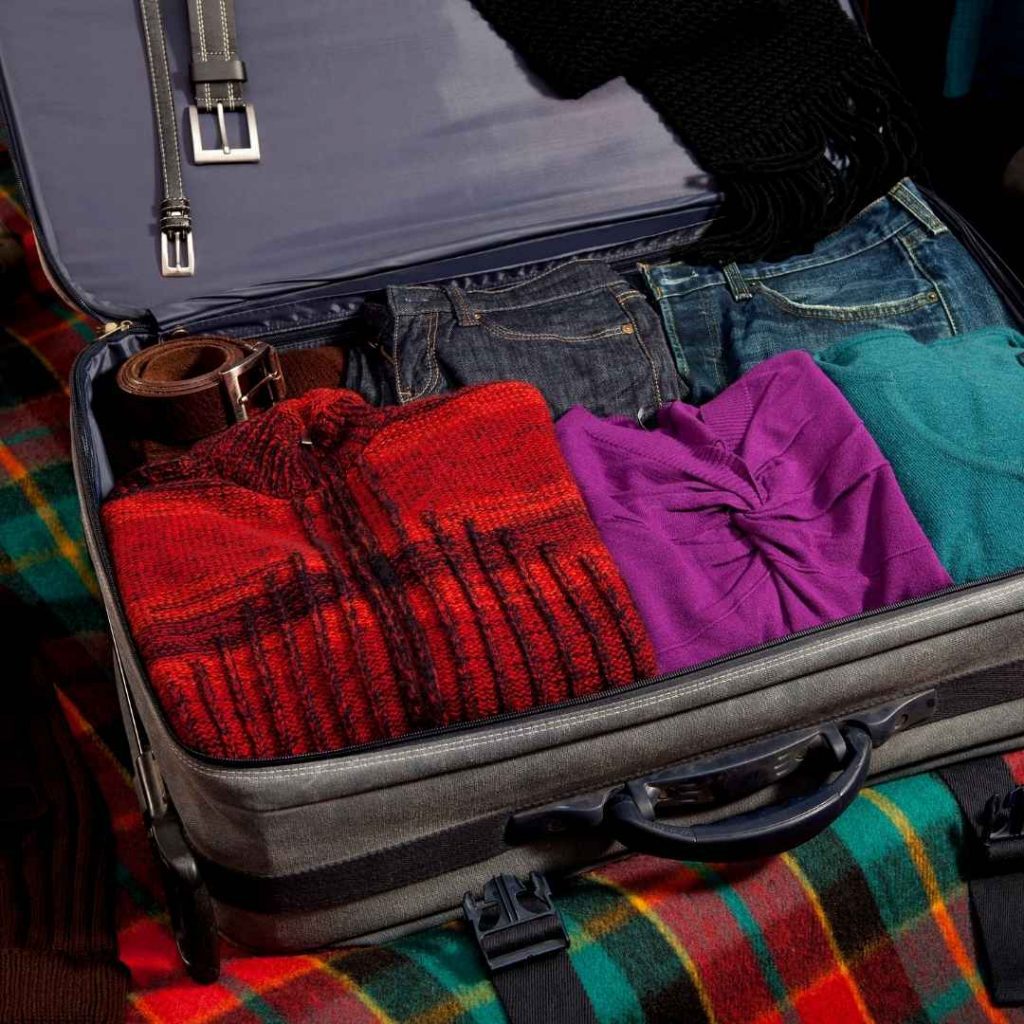Starting Classes This Winter? A Detailed List Of Things You Need To Pack

If you’re enrolling during the winter season, this is to inform you that winter can be harsh (depending on your skin type and how well you can quickly adapt). Walking around campus, especially at a larger university, can leave you freezing to the bone. Whether you are accustomed to snow or hot weather, you will need accessories and warm clothes to cover yourself during the winter months.
Winter semesters in the United States and Canada, most notably on the East Coast, experience bad weather in January. If you are planning to start your first semester this time, you will need to know what to bring, so that your travelling bag is not filled with unnecessary items that will take up space.
Here are a few things on what to pack for the winter semester:
1. Warm Clothes
Dressing for winter is not as simple as just putting on a jacket, it takes some experience. You will need a perfect new winter coat and learn how to dress properly as you stay warm and dry all the time.
However, you do not need to stock too much winter clothing, because you can buy most of what you need there. You will still need to be prepared for the first few days you arrive at your study destination, as you will not be able to trade immediately because of the two weeks compulsory quarantine.
Here are some important things to keep in mind when preparing your packaging list:
- – Gloves, hats and scarves
- – Long leggings
- – Jeans and/or other long pants
- – Long-sleeved T-shirts
- – One or two sweaters or cardigans
- – A warm and waterproof jacket
- – Waterproof or fully-covered boots/shoes
- – Thick socks
- – Warm sleeping clothes
- – A towel
- – Drugs and toiletries

Going out may be difficult during this time due to icy roads, blizzards, and other weather hazards, so make sure you’ve got the essentials. Go along with travel-sized bottles of soap, shampoo, toothpaste, deodorant, lotion, contact lens solution, and other essential items with maximum travel.
If you often have sensitive skin/lips, moisturisers and chapsticks are also a must to go with – you won’t regret it! Also, make sure you take all the prescribed medications you need, as well as painkillers, in case you need them in an emergency.
2. Snacks and Food
If you crave and miss your favourite snacks or home-cooked meals, you can pack some of these if you still have room in your luggage.
Note; there are certain types of foods that are prohibited from point of entry, so check the country customs and border protection website ahead of time.
3. Some Documents
Of course, you will need your important documents i.e. passport and visa. However, you can also bring your official transcripts, birth certificate, and other important documents from your university that you might need, just in case of any immigration foul-up.
If you have any previous health problems, it is also a good idea to bring medical records, medicine prescription(s), blood test results, immunization records, and other medical records that may be helpful if you must consult a doctor during your stay abroad.
4. Other Essentials
For your electronics such as your laptop and mobile phone, be sure you know the adapter that is compatible there via Google or you bring along a 110-volt adapter that is compatible with North American outlets.
What Not To Bring
Bulky non-essential items you can buy easily buy there, such as hairdryers, hangers, decorative items, cooking pots and pans. You can buy many of these items at Walmart, Amazon or even a local store near you, so save your baggage space for the essential items and the things you will need most to study abroad.
Missed the January 2022 admission train? Prepare your documents and start applying for September 2022 intake now. institutions in
Applications are still ongoing for September 2022 Intake. Contact us to have a student counsellor assigned to your inquiry.
Chat with us via this link or call 0908 077 5662 for more info.
Next

22 Comments on Starting Classes This Winter? A Detailed List Of Things You Need To Pack